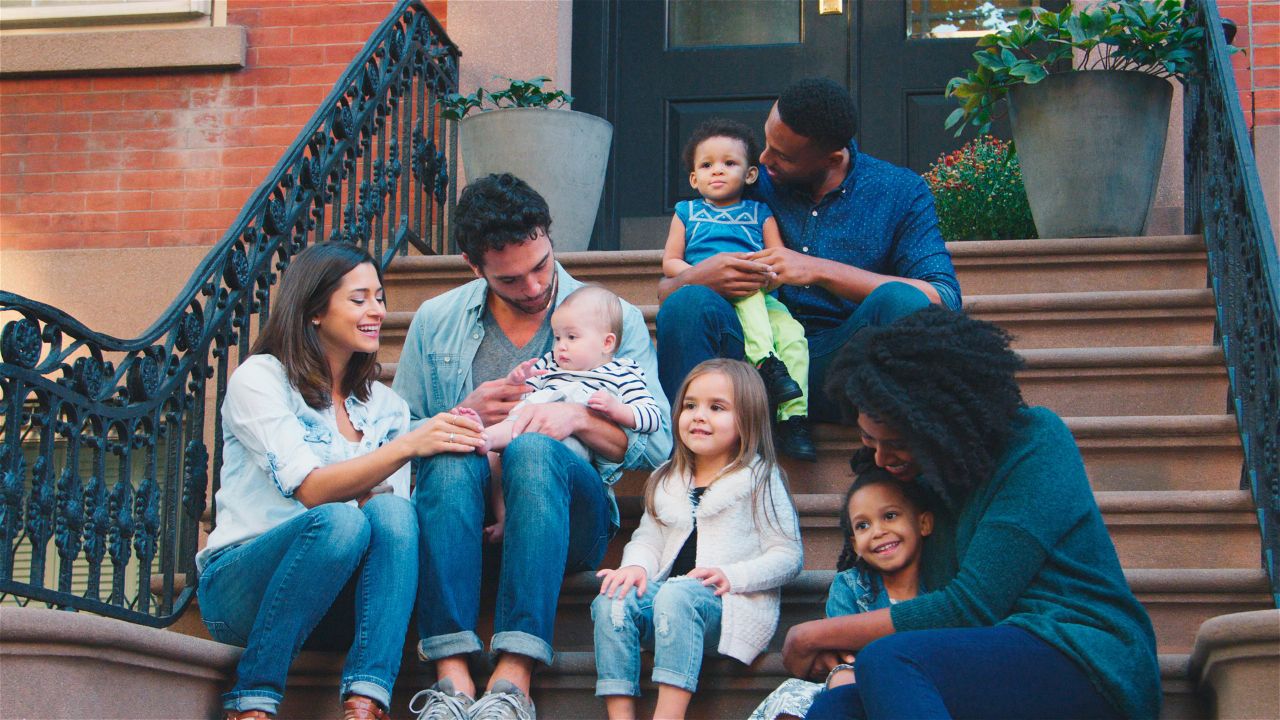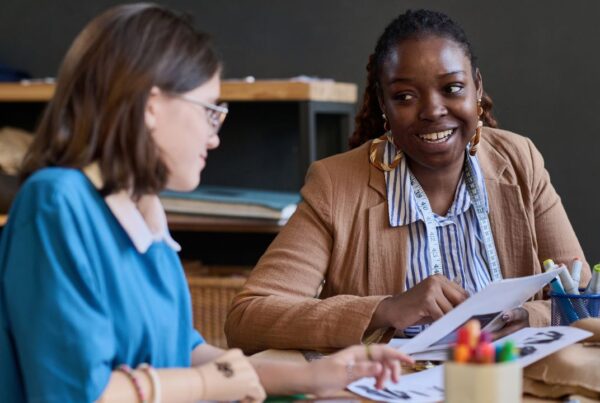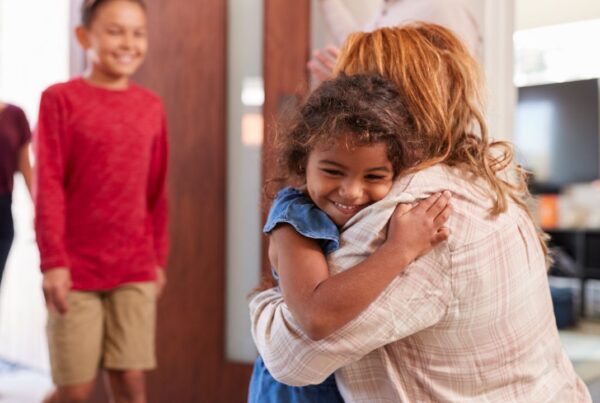KidsPeace believes in youth being cared for by their own families whenever possible. In 2011, we implemented Family Group Decision Making (FGDM) to support this mission. Kathy Dries has been providing this service since its inception at KidsPeace, and has held over 250 of these family meetings. Kathy explains:
FGDM is a practice that originated in New Zealand, and was first implemented in the US as the Oregon Family Unity Model in the mid-1990s. It represents a shift in child welfare policy and practice and is a key component of the Permanency Practice Initiative implemented by the Pennsylvania Department of Public Welfare’s Office of Children, Youth and Families and the courts. Funding for FGDM comes to states in the form of matching grants, through federal legislation known as the Fostering Connections to Success and Increasing Adoptions Act of 2008.
The FGDM process is a strength-based approach that seeks to empower families to make decisions and provide supports to children in the family who need protection and care. A core value of FGDM is that children have a right to maintain their kinship and cultural connections and that children and their parents belong to a larger family system that can nurture and support them. The term “family” is defined more broadly than biological relatives and includes support persons in the community that the child and his or her parents identify as a resource to accomplish the goal of meeting the child’s needs. The emphasis is to shift the responsibility for decisions and protection from the child welfare agency onto the larger family unit. A coordinator and several part time facilitators assure that the FGDM process proceeds according the established practice principles.
The purpose of the family meeting has as its central theme the safety, permanency and well-being of the children. Such meetings have resulted in plans to help reunite children with their families, to support and preserve families in crisis, to perhaps temporarily placing the children with relatives, or supporting young parents and juveniles in the juvenile justice system.
The family meetings can last several hours and traditionally occur in community facilities such as churches. However, during the pandemic, meetings were conducted by Zoom and this continues to be a valuable option, especially when including out-of-town family members. Children can be included in the meetings as age-appropriate and are prepared for what will occur in age-appropriate ways. For older youth, these meetings send a powerful message that their family cares for them and wants to be involved in addressing their concerns.
The family must list their strengths and then identify concerns before devising a plan that addresses the concerns, raised by the family, and child welfare agency and thus assure the safety and well-being of the child. In circumstances where there is court-involvement, the plan is then presented to the court in question.
Connections are a key component in a youth’s success. Aside from empowering the family members to make a plan and engage their participation, there is perhaps greater benefit to gathering the family members together to have a discussion that enhances communication, support, and these crucial family connections.
 Angelene DeLarge is KidsPeace FCCP’s Pennsylvania State Manager
Angelene DeLarge is KidsPeace FCCP’s Pennsylvania State Manager
 Kathy Dries in the Family Group Decision Making coordinator in the Bethlehem, PA FCCP office.
Kathy Dries in the Family Group Decision Making coordinator in the Bethlehem, PA FCCP office.






